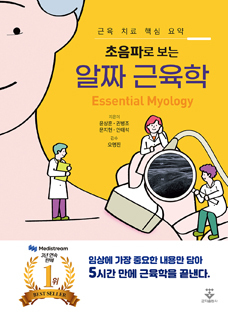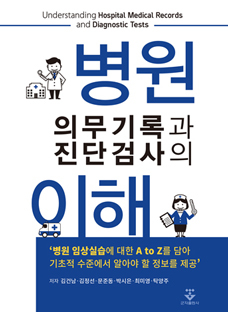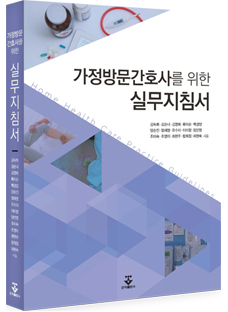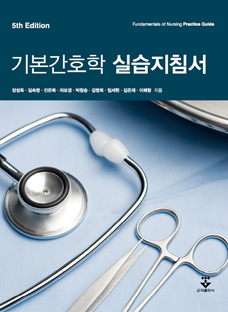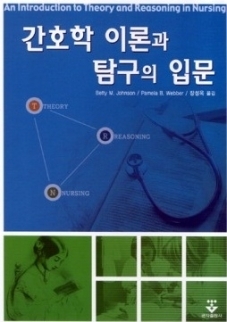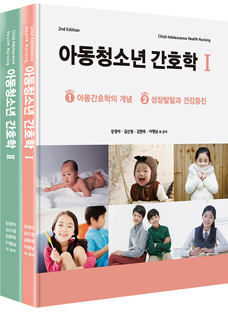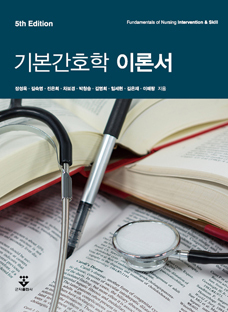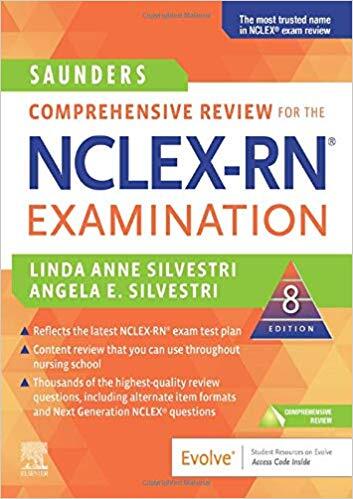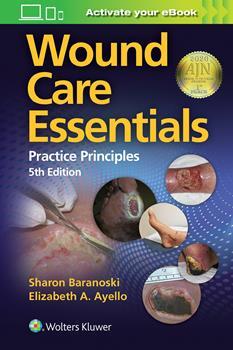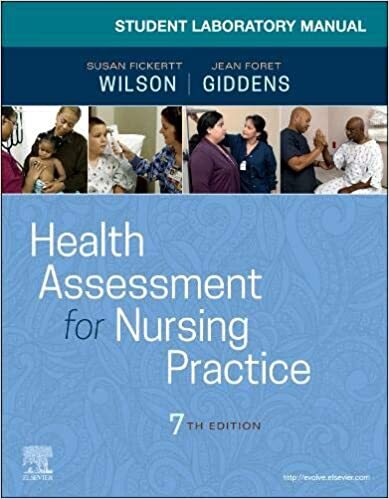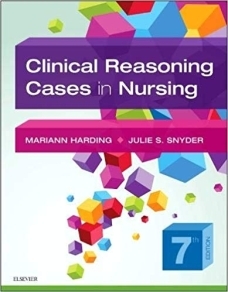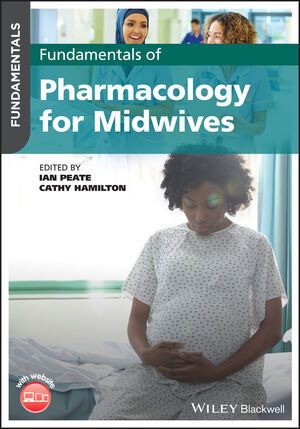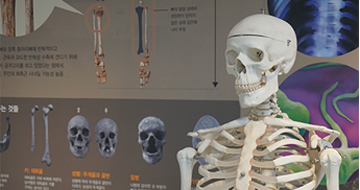List of Contributors xiv
Foreword xvi
Introduction xviii
About the Companion Website xxi
1 Evolvement of Advanced Nursing Practice 1
Helen Kerr
1.1 Introduction 1
1.2 Evolvement of Nursing as a Profession 1
1.3 Advanced Nursing Practice 3
1.3.1 Criteria Associated with Advanced Nursing Practice 4
1.3.2 Advanced Practice Nurse Roles 6
1.3.3 Regulation 8
1.3.4 Components of Advanced Practice Nurse Roles 8
1.3.5 Education Requirements 8
1.3.6 Outcomes Associated with Advanced Practice Nurse Roles 9
1.3.7 Barriers to Advanced Practice Nursing Roles 9
1.3.8 Recommendations for Advanced Practice Nurse Roles 10
1.4 Conclusion 10
References 11
2 Emergence and Evolvement of the Clinical Nurse Specialist Role in Cancer Care 15
Helen Kerr
2.1 Introduction 15
2.2 Advanced Nursing Practice 15
2.3 Historical Context 16
2.4 Specialists vs. Generalists 17
2.5 Definition of a CNS 18
2.5.1 Role Blurring 18
2.6 Components of the Clinical Nurse Specialist Role 19
2.6.1 Direct Patient Care 20
2.6.2 Indirect Care 20
2.7 Professional Standards 21
2.8 Education Requirements 22
2.8.1 Impact of a Master’s Qualification 22
2.9 Outcomes of the Clinical Nurse Specialist Role 23
2.9.1 Outcomes Associated with the Clinical Nurse Specialist in Cancer Services 24
2.10 Specialist Practice in Cancer Care 25
2.11 Future Direction of the CNS 25
2.12 Conclusion 25
References 26
3 Patient Perspective 31
Johanna McMullan
References 40
4 Carer’s Perspective 43
Trevor Wightman
5 Key Worker Role 49
Karen Armstrong and Helen Kerr
5.1 Introduction 49
5.2 The Key Worker 50
5.2.1 Provision of Information 52
5.2.2 Provision of Emotional and Supportive Care 52
5.2.3 Coordination of Services 53
5.3 Key Worker/Clinical Nurse Specialist Impact on Direct and Indirect Patient Care 54
5.4 Challenges in Practice 55
5.5 ‘First Impressions Count’ 57
5.6 Example of Change in Practice 58
5.7 Conclusion 59
References 59
6 Psychological Support 63
Caroline McCaughey, Edel Aughey, and Susan Smyth
6.1 Introduction 63
6.2 Part One: The Impact of a Cancer Diagnosis 64
6.2.1 Time Point One: Breaking Significant News 66
6.2.2 Time Point Two: Treatment Decision-Making 70
6.2.3 Time Point Three: Survivorship and Resilience 71
6.2.4 Fear of Recurrence 73
6.3 Part Two: Self-Care and the Clinical Nurse Specialist 74
6.4 Conclusion 77
References 78
7 Integrating Research and Evidence-Based Practice 84
Adrina O’Donnell, Ruth Boyd, and Clare McVeigh
7.1 Introduction 84
7.2 Evidence-Based Practice 85
7.3 Barriers to the Implementation of Evidence-Based Practice in the Clinical Setting 86
7.4 Role of Evidence-Based Practice in Caring for Patients with Cancer and Their Carers 87
7.5 Providing Evidence-Based Care as a Clinical Nurse Specialist 87
7.6 Clinical Application of Evidence-Based Practice by Clinical Nurse Specialists 88
7.7 Cancer Research and Clinical Trials 89
7.8 Cancer Clinical Trials, Research Nurses and the Role of the Clinical Nurse Specialist 91
7.9 The Role of the Clinical Nurse Specialist Along the Cancer Clinical Trial Patient Pathway 92
7.10 Conclusion 97
References 98
8 Symptom Management 104
Michelle Keenan and Helen Kerr
8.1 Introduction 104
8.2 Pain 105
8.2.1 Renal Impairment 107
8.2.2 Hepatic Impairment 108
8.2.3 Neuropathic Pain 109
8.3 Breathlessness 110
8.4 Nausea and Vomiting 112
8.5 Constipation 115
8.6 Conclusion 115
References 116
9 Multidisciplinary Teamworking 124
Hinal Patel and Oonagh McSorley
9.1 Introduction 124
9.2 The Multidisciplinary Team 125
9.2.1 Characteristics of an Effective Multidisciplinary Team 126
9.2.1.1 The Team 126
9.2.1.2 Multidisciplinary Meeting Organisational Logistics 128
9.2.1.3 Infrastructure for the Multidisciplinary Meeting 128
9.2.1.4 Person-Centred Clinical Decision-Making 128
9.2.1.5 Team Governance 129
9.3 The Role of the Clinical Nurse Specialist in Relation to the Multidisciplinary Team 129
9.3.1 Challenges of the Clinical Nurse Specialist Working in a Team 130
9.4 Conclusion 132
References 133
10 Leadership and the Clinical Nurse Specialist 136
Ruth Thompson and Monica Donovan
10.1 Introduction 136
10.2 Leadership 137
10.3 Self-Recognition of the Clinical Nurse Specialist as a Leader 137
10.4 Leadership in the Context of the Clinical Nurse Specialist 139
10.4.1 Clinical Leadership 140
10.4.1.1 Clinical Expertise and Coordination of Care 141
10.4.2 Professional Leadership 142
10.4.2.1 Enhancing Practice 143
10.4.2.2 Service Improvement and Innovation 143
10.4.2.3 Collaborative Working 144
10.5 Conclusion 144
References 144
11 Nurse-Led Clinics 149
Shelley Mooney and Helen Kerr
11.1 Introduction 149
11.2 Nurse-Led Care and the Launch of Nurse-Led Clinics in Healthcare 150
11.3 Components of a Nurse-Led Clinic 151
11.4 Introducing a Nurse-Led Clinic 152
11.5 Nursing Skills Required to Introduce and Establish a Nurse-Led Clinic 154
11.6 Approaches to Delivering a Nurse-Led Clinic 155
11.7 Patient Outcomes Related to Nurse-Led Clinics 156
11.8 Benefits of Nurse-Led Clinics for the Registered Nurse 157
11.9 Benefits of Nurse-Led Clinics for the Healthcare Organisation 157
11.10 Challenges to Implementing Nurse-Led Clinics 158
11.11 Nurse-Led Clinic Service Evaluation 159
11.12 Future of Nurse-Led Clinics 159
11.13 Reflection on the Role as a Uro-Oncology CNS Undertaking Nurse-Led Clinics 160
11.14 Conclusion 161
References 162
12 Non-Medical Prescribing 166
Laura Croan and Barry Quinn
12.1 Introduction 166
12.2 Background 167
12.3 Developments in Nursing Practice and the Role of Prescribing 168
12.3.1 Community Nurse Prescribing 168
12.3.2 Clinical Management Plans 169
12.3.3 Patient Group Directives 169
12.3.4 The Growth of Independent Prescribing 170
12.4 Preparing to Prescribe 172
12.5 Benefits and Challenges of Non-Medical Prescribing 172
12.6 Deciding to Become a Non-Medical Prescriber 173
12.7 Conclusion 177
References 178
13 Cancer in the Adolescent and Young Adult 181
Kerrie Sweeney and Helen Kerr
13.1 Introduction 181
13.2 Background to Adolescent and Young Adult Cancer Services 182
13.3 Person-Centred Adolescent and Young Adult Care 185
13.4 Support for Family and Significant Others 185
13.5 Holistic Care 186
13.6 Multidisciplinary Working 187
13.7 Healthcare Professional Knowledge 188
13.8 Adolescent and Young Adult Clinical Nurse Specialist Leadership Skills 189
13.9 Communication with Adolescents and Young Adults 189
13.10 Age-Appropriate Environments 191
13.11 Adolescent and Young Adult Peer Support 192
13.12 Adolescent and Young Adult Treatment Priorities 192
13.13 Transitional Adolescent and Young Adult Care 193
13.14 Living With and Beyond Cancer 194
13.15 Late Effects of Cancer Treatment 195
13.16 Palliative Adolescent and Young Adult Care 195
13.17 Co-production 196
13.18 Conclusion 196
References 197
14 COVID-19 and the Clinical Nurse Specialist 203
Stephanie Todd and Helen Kerr
14.1 Introduction 203
14.2 Impact on Healthcare Services and Frontline Healthcare Workers 204
14.3 Impact of COVID-19 on Cancer Services 205
14.4 The Role of the Clinical Nurse Specialist Prior to the COVID- 19 Pandemic 207
14.5 Devolvement of Staff over the COVID-19 Pandemic 208
14.6 Impact of COVID-19 on the Clinical Nurse Specialist Role and Patient Care 209
14.7 The Future of Healthcare Services Post–COVID-19 Pandemic 212
14.8 Conclusion 213
References 214
15 Digital Health 218
Amy Vercell and Sarah Hanbridge
15.1 Introduction 218
15.2 The Role of the Informatics Nurse/Chief Nursing Information Officer 220
15.3 Electronic Observations 220
15.4 Electronic Health Records 221
15.5 Digitalisation of Blood Glucose Monitoring 222
15.6 Electronic Nurse Prescribing 223
15.7 Nurse Digitally Requesting Bloods 224
15.8 Remote Consultations 224
15.9 Virtual Wards 225
15.10 Electronic Patient-Reported Outcome Measures 226
15.11 Mobile Cancer Applications 227
15.12 Home Blood Monitoring 228
15.13 Artificial Intelligence 229
15.14 Barriers to Digital Health 230
15.15 Conclusion 230
References 231
16 Future Direction of the Clinical Nurse Specialist in Cancer Care 236
Barry Quinn and Helen Kerr
16.1 Introduction 236
16.2 The Role of Caring and the Clinical Nurse Specialist 238
16.3 Developing Skills for Today and the Future 239
16.4 Leadership 240
16.5 Equality, Diversity and Inclusion in the Role of the Clinical Nurse Specialist 242
16.6 New Ways of Working 244
16.7 Self-Reflection 246
16.8 Conclusion 246
References 247
Index 250



